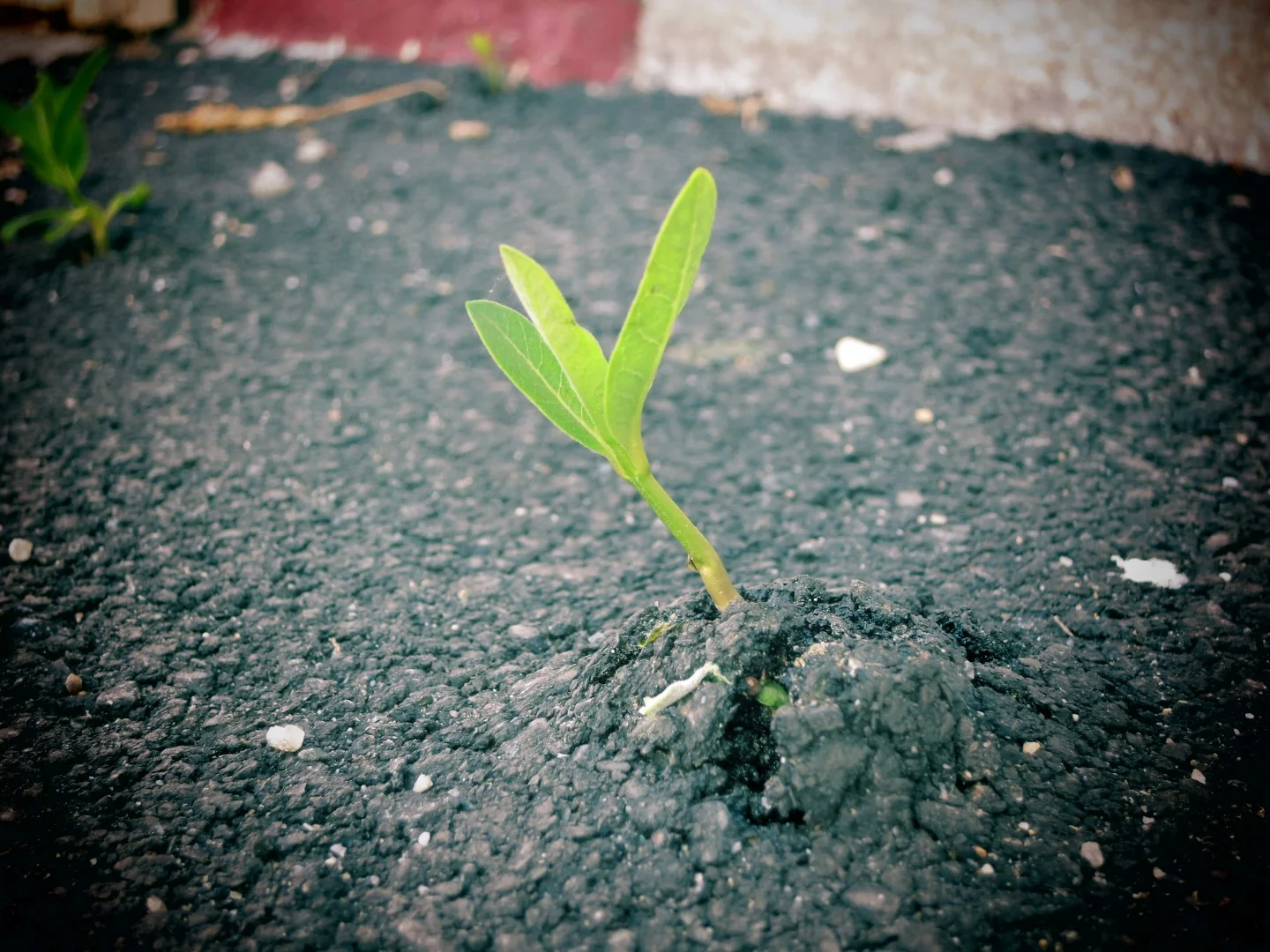Have you ever marveled at the multitude of defense mechanisms and coping strategies built into the natural world? Creatures and the various ways they cope is nothing less than amazing. More than that, the process is absolutely necessary for survival.
As a boy growing up, I loved catching lizards in the rocky foothills near my home. It was the perfect terrain for these little creatures. I’d sneak up from behind and snatch them off rocks. I’d hold them in my bare hands and check out their scales and coloring, annoy them for a while, then finally let them go. I recall times when a captive lizard would drop its tail - literally its tail would fall off and wriggle by itself on the ground while I continued to hold the poor, tail-less reptile. I later discovered why this tail-dropping phenomenon happens.
The lizard drops it tail under extreme stress.
The tail serves as both a defense mechanism and a distraction for predators.
The lizard may be vulnerable and appear awkward while learning to maneuver without its tail.
The tail eventually grows back and the lizard suffers no ill effects.
It’s worth noting that this defense mechanism works great when the predator attacks from behind, not so good when the lizard faces its enemy head-on!
Resilience and Trauma
Resilience, however, goes beyond survival. It’s the ability to recover, learn and grow following a traumatic event. Resilience recognizes the fact that one may need to unlearn certain coping and defense behaviors which may not be healthy long-term solutions. In other words, not all coping strategies are healthy or productive long-term.
What happens to you when you feel stressed? What does your body tell you to do? What are your go-to responses?
We all have certain default reactions and behaviors which we have used to survive a traumatic event? But are these adaptable to long-term resilience? While some approaches to personal survival can be useful in the moment of crisis, these same behaviors may actually sabotage one’s ability to thrive when life levels out to a new normal.
Example: You avoid public places and crowds due to a terrorist threat in your host country. Months later the crisis has passed, but you are still isolating yourself in your home for long periods of time, fearful of going outside. While staying home much of the time may have been a necessary survival skill when the threat was high, this is no longer a viable option. Resilience discerns the difference and adapts accordingly.
Resilience helps us thrive and grow through and beyond traumatic events. When we are resilient, we know how to approach and handle a crisis situation. But we also know how to adapt and grow on the other side of crisis.
Resilience and Transition
Resilience is also a key ingredient for successful transitions. Big transitions can bring about a great sense of loss. Like the lizard losing its tail, transition can cause us to feel crippled for a season while we regroup and settle into a new environment.
Two and a half years ago my wife and I made a decision to resign a ministry position after 20 years of service. Like the Iizard losing its tail, it felt like some part of my life had “fallen off.” After informing leadership of our decision to transition I said to my wife, “I feel like I just cut off my right leg.” I felt awkward and vulnerable, without a clear path ahead. Thus, the way of transition!
Transition requires navigating uncharted territory without the familiarity and access to resources we had before. And that feels intimidating. We may even be tempted to return to the place we were before the transition and subsequent feelings of loss. The great news is that there is life on the other side of transition.
Resilience and Your Story
“Resilience… is not simply bouncing back to a previous level of functioning. It is a matter of incorporating trauma into our personal and collective narratives.”
The human ability to recover and continue growing and overcoming is incredibly awe inspiring when you think about it. When you couple this with God’s redemptive power and creative plan as the Author of our lives, there is no telling what is possible. One writer puts it this way…
“For I am convinced that neither death nor life, neither angels nor demons, neither the present nor the future, nor any powers, neither height nor depth, nor anything else in all creation, will be able to separate us from the love of God that is in Christ Jesus our Lord.”
What’s your personal narrative? Need help reaching your potential for greater resilience in the New Year?
Begin your journey toward greater resilience. Schedule a discovery call now.

